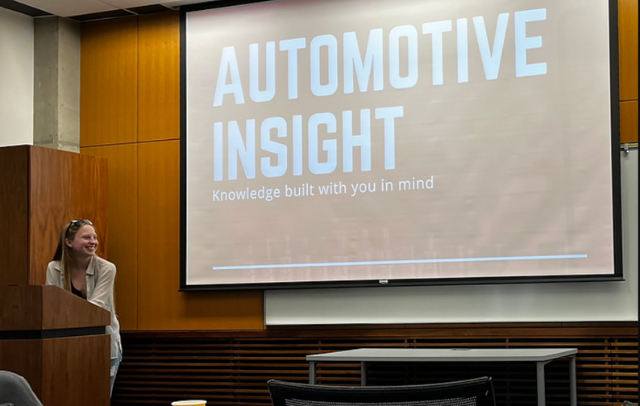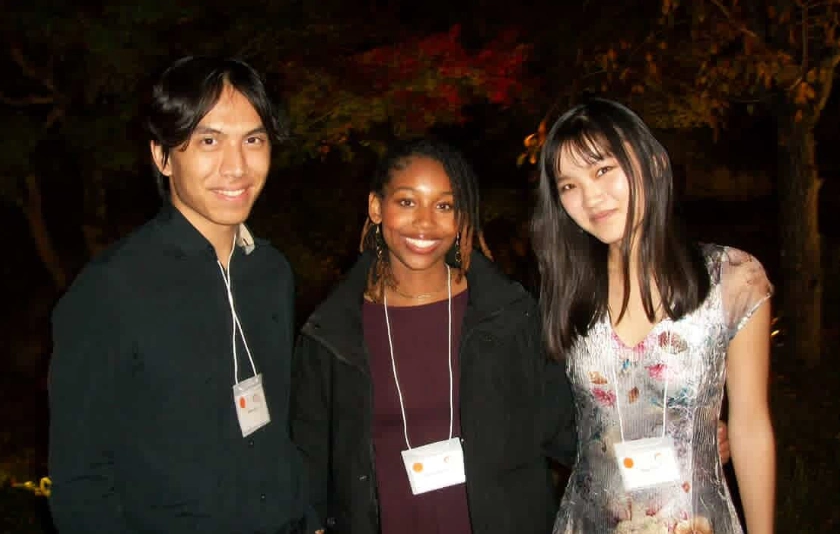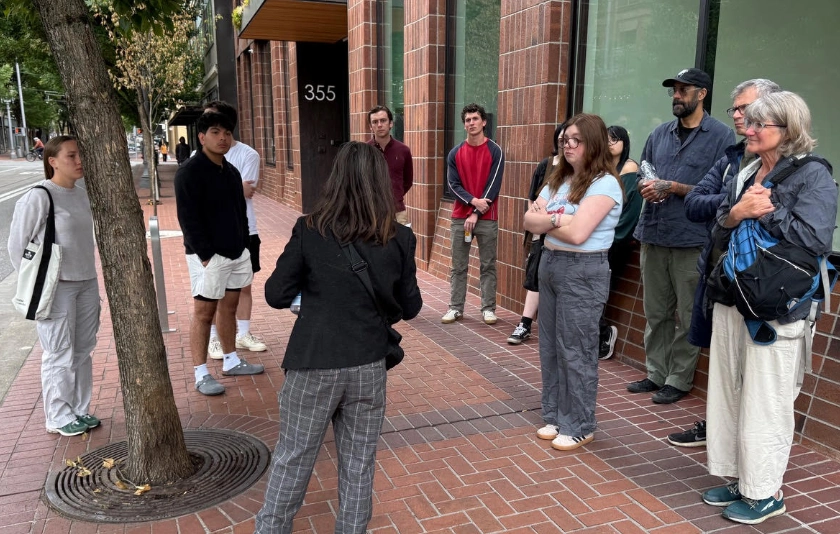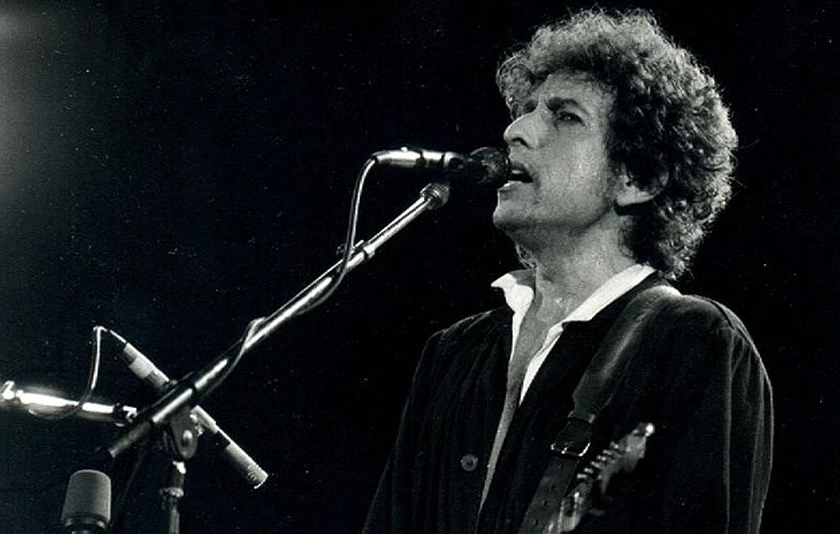The Psychology major wants students to feel confident walking into an automotive repair shop and to not get taken advantage of.

It all started when an automotive repair shop in Salem tried to take advantage of Kayla Stinson BA‘25 (she/they) with an outrageous bill for an oil change. Let’s just say they picked the wrong customer to try to cheat: Stinson manages an automotive shop in her home town of Prescott, Arizona. When the local shop tried to overcharge Stinson, they mentioned their job back home, and the mechanics backed off. Stinson ended up paying exactly what they’d budgeted for the repair.
“The mechanics gave me some convoluted runaround answer that essentially ended with: If you don’t do this, bolts are going to rattle off, and your tires are going to fall off your car, and you're going to get in a horrible accident,” says Stinson, who is a Psychology major and Classical Studies minor. “As soon as I said I manage a shop, they flipped the script.”
Stinson advocates for changing how things work in automotive repair—especially in terms of charging fairly—at their own shop, but wondered how to affect a wider base. “I can’t change all the other shops, so I decided I was going to build some support systems for customers who experience these kinds of issues,” Stinson said, emphasizing that their goal is to have students be able to make educated decisions.
So far, Stinson has held two Automotive Insight workshops. “We went over a number of things, like spotting red flags, how to ask certain questions, how to make sense of certain comments the mechanics make, how to understand the terminology.”
Stinson splits the workshop into two parts so it’s more easily understandable and accessible, adding, “Students with neurodivergence or mobility disorders often can’t sit for the full three hours.” The first session focused on spotting scams, understanding maintenance schedules, and learning basic automotive information. On the second night, the workshop attendees played a game. “We put up pictures of some automotive parts on the screen, some good and some bad, and asked if anyone could guess what was going on.” Students deduced which were good vs. bad parts, familiarizing themselves a bit with basic auto mechanics. Stinson also provided Salem-area auto resources and an FAQ section.
What surprised Stinson the most about the event? “I was not expecting such a turnout. We had 65 people over both nights,” they said. Stinson plans to do this each semester and hopes that someone else will pick up the event’s leadership after they graduate. Stinson is also taking the workshop to PNCA for a few semesters, and is developing a social media account to provide the information, free of charge, to everyone.
“Regardless if you can attend via Zoom or in person, or if you're in Salem or Arizona, or even in Florida or New York, the goal of this is accessibility—that it’s accessible information,” said Stinson. “It’s about knowing what’s going on so that you have a knowledge base to operate off of in the automotive environment.”


